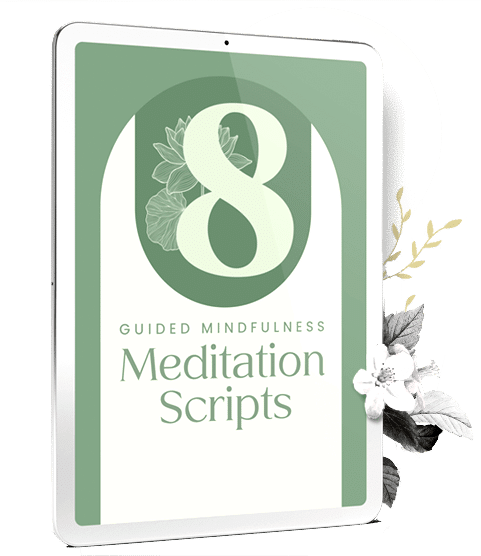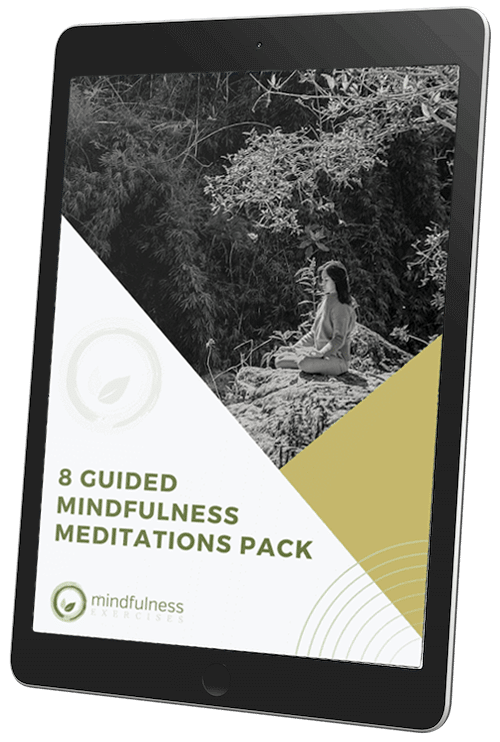Short introductory dharma talk on Metta followed by a guided meditation with Buddhist teacher Joseph Goldstein. Some Q&A with the teacher at the end.
Guided Metta Meditation with Joseph Goldstein
Here is a short introductory dharma talk on metta followed by a guided meditation with Buddhist teacher Joseph Goldstein.
Meditation begins at 8:30.
Some Q&A with Joseph at 34:00
The Great Ones’ minds retain their balance by giving preference to the welfare of all beings, by dislike of the suffering of beings, by desire for the various successes achieved by beings to last, and by impartiality towards all. And to all beings they give gifts, which are a source of pleasure, without discriminating thus: ‘It must be given to this one; it must not be given to this one’. And in order to avoid doing harm to beings they undertake the precepts of virtue. They practice renunciation for the purpose of perfecting their virtue. They cleanse their understanding for the purpose of non-confusion about what is good and bad for beings. They constantly arouse energy, having beings’ welfare and happiness at heart. When they have acquired heroic fortitude through supreme energy, they become patient with many kinds of faults possessed by other beings. They do not deceive anyone. They are unshakably resolute upon the welfare and happiness of all beings. Through unshakable loving-kindness they place others first (before themselves). Through equanimity they expect no reward. Having thus fulfilled the (paramis) perfections, these divine abidings then perfect all the good states. This is how they bring to perfection all the good states beginning with giving.
~From the Visuddhimagga (The Path of Purification)
______________________________
“The Pali word parami refers to ten wholesome qualities in our minds and the accumulated power they bring to us: generosity, morality, renunciation, wisdom, energy, patience, truthfulness, resolve, lovingkindness, and equanimity.”
“Imagine holding on to a hot burning coal. You would not fear letting go of it. In fact, once you noticed that you were holding on, you would probably drop it quickly. But we often do not recognize how we hold on to suffering. It seems to hold on to us. This is our practice: becoming aware of how suffering arises in our mind and of how we become identified with it, and learning to let it go. We learn through simple and direct observation, seeing the process over and over again until we understand.”
~ Quotes by Joseph Goldstein
___________________________
Whenever you meet anyone, no matter how briefly, do you acknowledge their being by giving them your full attention? Or are you reducing them to a means to an end, a mere function or role?
What is the quality of your relationship with the cashier at the supermarket, the parking attendant, the repairman, the “customer”?
A moment of attention is enough. As you look at them or listen to them, there is an alert stillness – perhaps only two or three seconds, perhaps longer. That is enough for something more real to emerge than the roles we usually play and identify with. All roles are part of the conditioned consciousness that is the human mind. That which emerges through the act of attention is the unconditioned – who you are in your essence, underneath your name and form. You are no longer acting out a script; you become real. When that dimension emerges from with you, it also draws it forth from within the other person.
Ultimately, of course, there is no other, and you are always meeting yourself.
“Look at a tree, a flower, a plant. Let your awareness rest upon it. How still they are, how deeply rooted in Being. Allow nature to teach you stillness.”
In the egoic state, love gets confused with form, and so you think your love is in this form, in this other person. You don’t realize that true love is the recognition of the formless in the other – which is the recognition of yourself in the other.
You can recognize it in natural things more easily, so first approach the world of nature and relate to it as much as possible through stillness, through Presence. Then gradually bring it into your relationships with other people.
Let them be. Be still with other people, as you are with nature. Sense the field of attention that flows out toward them. Listen and while you’re listening sense yourself as the awareness, the Presence.
~Quotes by Eckhart Tolle
To the Triple Gem I go for refuge.
Having laid open all unwholesome states,
I rejoice in the unfolding of beings
And grasp the Bodhicitta with the mind.
To the Buddha, the Dharma, and the excellent Sangha
I go for refuge until Bodhi is realized.
I and others for the sake of the highest attainment
Will allow the Bodhicitta to arise.
As the mind of excellent Bodhi arises,
All beings I will invite to the banquet as guests.
Following the path of the Bodhisattva
For the benefit of all beings, may I quickly attain Buddhahood.


![Joseph Goldstein guided metta meditation with Joseph Goldstein, Guided Metta Meditation with Joseph Goldstein [Video]](https://mindfulnessexercises.com/wp-content/uploads/2019/05/Joseph-Goldstein.jpg)




